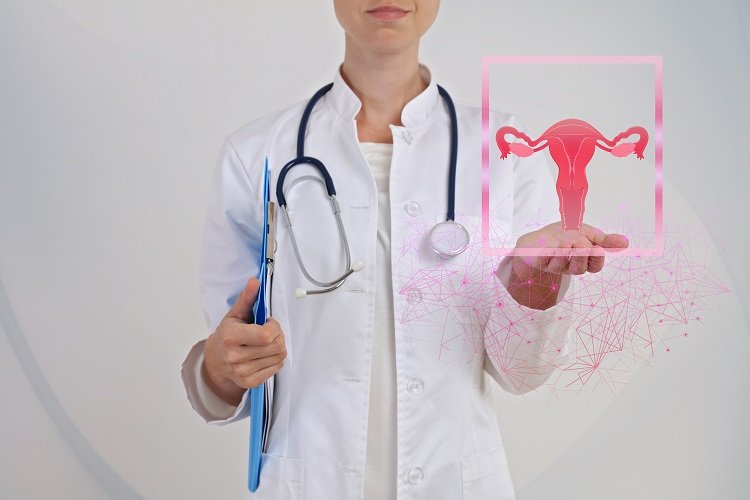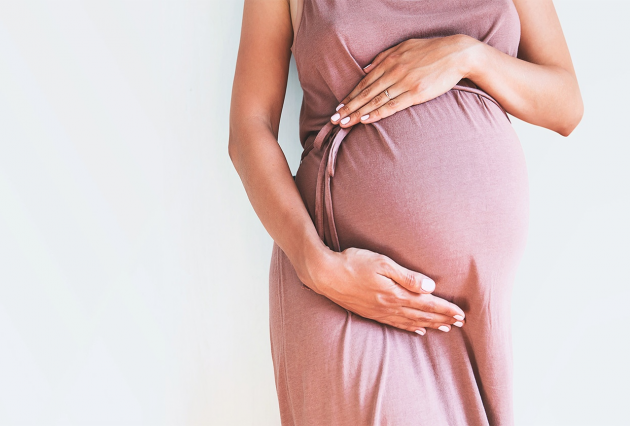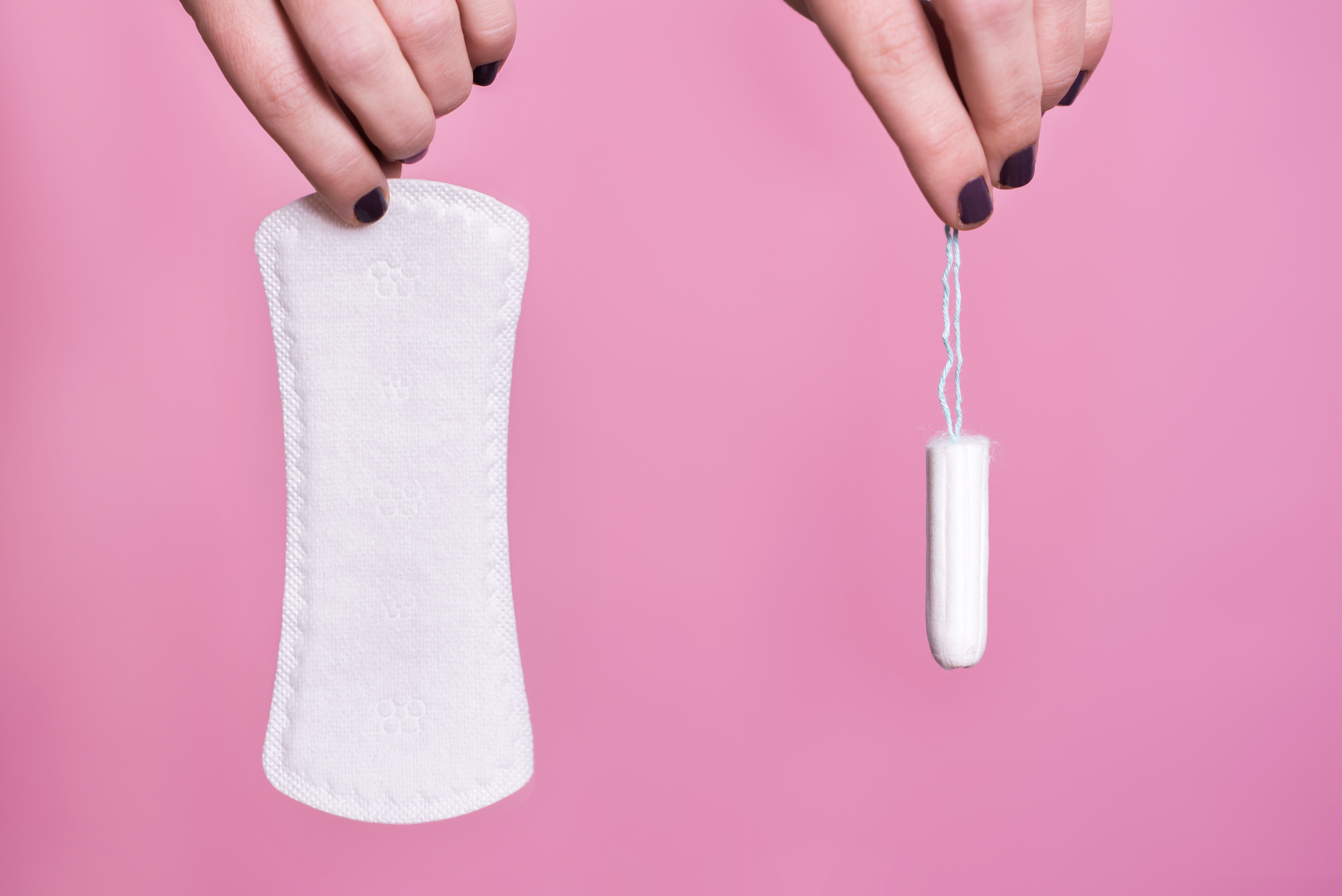As women, there’s too much that we already deal with, things that the rest of the world hardly sympathizes with. For us, it’s already an unfair race, and yet somehow, everybody expects us to deal with it. That said, we hardly have control over any of it – not even things that impact us – not even our bodies. THAT makes it worse. If and when we finally raise these issues, some of it is equated to a rant, the rest of it… taboo.

The issues associated with misinformation around women’s bodies are hardly ever recognized. Clearly, the only way to bridge this gap is to take responsibility, whatever we can. As women, it always comes down to us to make a difference, when that difference concerns us, because no one else will. Again, it’s unnecessary responsibility, and we’re a long way from being fair. One of the ways to deal with this is to start a conversation on whatever level we can.
There’s a significant change that healthcare professionals can bring about, even if it means just talking. So, in an exclusive chat, Dr. Hemant G. Deshpande, who is the Head of Department of Obstetrics and Gynaecology at DPU Private Super Speciality Hospital, opened up about important concerns.

Mental health, during and after the pregnancy is something that is a major concern, but it’s hardly ever acknowledged. This is especially the case with our society. A lot of people complain about obstetricians and gynecologists ignoring psychological well-being associated with pregnancy. We asked his advice on bridging this gap.
“Depression and anxiety are the most common mental health problems in pregnancy. These affect about 10 to 15 out of every 100 pregnant women. We, as treating obstetricians should not dismiss women’s mental issues as hysteria and try and be understanding and empathetic. Take in all aspects of a woman’s psychology, her previous history of any psychological episodes, all stress factors, family issues to be considered and carefully introspected.”

A number of women are learning and dealing with PCOS and PCOD, but the issue is that there’s very little access to information about such health issues. He shared his opinion on what needs to change as a society.
“Our mission as a society is to raise global awareness around Polycystic Ovarian Syndrome (PCOS) and assist those diagnosed with this condition. Aim to empower people with the knowledge needed to take charge of their well-being and combat the health complications associated with this disorder through educational programs and resources in hospitals.”

In our society, unintended pregnancies, especially if a woman is unmarried are associated with a lot of judgement. It’s almost scary. We asked the gynecologist on how younger women can deal with pregnancy scare.
“A health care professional obstetrician should make sure the patient is comfortable, keep them at ease and gain their confidence to reveal about events regarding pregnancy. Help them purchase and take the test, if that’s something they want. There’s nothing to be ashamed. If they wish to continue pregnancy or not, the information must be kept discrete.”

We also talked to him about products aimed at maintaining vaginal health, and how some are marketed for “making the vagina look good.”
“It’s normal for vagina to have a slight scent, but when it becomes too strong or smells off, it needs medical attention. Also, pubic hair protect the vulva from bacteria and viruses. As long as they’re regularly cleaned, pubic hair pose no health risk. The hair can be removed by shaving, waxing, or hair removal cream or trimming, and some prefer to leave it. On the other hand, shaving can cause razor burn, redness, itching when the hair grows back, and infection from ingrown hairs. Cuts and nicks can also introduce unwanted bacteria. Also, hair removal cream may be harsh on sensitive skin.”

When it comes to male obstetricians and gynecologists, there can be a sense of discomfort for patients. He responded on what needs to be done to eliminate that.
“It’s competency of the treating doctor that matters. Treating doctor should be sympathetic, sensitive, and should diagnose and treat the conditions efficiently. It is the confidence created by doctors that makes the patient comfortable not only for patient but for all other female members of family for various obygn conditions and treatment.”

Menstruation is still a taboo subject in our society. This also means that there is a lot of misinformation around it. The gynecologist shed light on the topic, and the important information associated with it.
“Periods are important in a woman’s life, and this is physiological. Menarche is the start of periods at age 12 to 14 years and menopause is stop of periods at 45 to 50 years. If any alteration from normal, like increased bleeding or excessive pain during menses are noticed, it should be considered and directed towards the gynecologist. The different taboos associated with different religions and the society should not be considered.”

The idea that there shouldn’t be a specific age associated with wanting to be a mother also means that there should be more options. This is when women want to be mothers; and egg freezing is a viable option.
“The cost of egg freezing in India can range from ₹ 50,000 to ₹ 1,50,000, place to place, depending on the specific procedure used. The slow freeze method is the most widely used and relatively inexpensive, while vitrification is a newer, more successful and a more expensive method. These eggs that are frozen are good for use and are not compromised in quality for up to 10 years after the freezing process is done.
The egg freezing procedure involves the following steps:
- Ovulation induction
- Egg retrieval
- Egg freezing”

He also talked about myths that need to be dismissed around being sexually active.
“Sexual intercourse is supposed to be painful the first time and hymen has to break during sexual intercourse. Also, hymen is an elastic membrane which can stretch during intercourse and might not break during intercourse and not necessarily bleed. Hymen is hence, in no way, an indication of virginity. Pregnancy or a sexually transmitted infection may also occur if the condom breaks during sexual intercourse. We can say that condom means safe sex, only when they are used and discarded meticulously.”

Another common experience that women go through regularly is the pre-menstrual syndrome. The time before getting our periods is uncomfortable and harsh for a lot of us. Again, there is very little information around the subject. The gynecologist also responded to that.
Emotional and behavioral signs and symptoms include:
- Tension or anxiety
- Depressed mood
- Mood swings and irritability or anger
- Appetite changes and food cravings
- Trouble falling asleep (insomnia)
- Social withdrawal
- Poor concentration
- Change in libido
Physical signs and symptoms
- Joint or muscle pain
- Headache
- Fatigue
- Weight gain related to fluid retention
- Abdominal bloating
- Breast tenderness
- Acne flare-ups
- Constipation
- Choose healthy food, avoiding caffeine, salt, and sugar in the two weeks before your period.
- Yoga, relaxation therapy, meditation, breathing exercise using evening primrose oil can relieve the PMS symptoms.”

Finally, he shared his opinion on how women’s bodies are associated with misconception that are both problematic and dangerous.
“The attitude and vision towards women need to change drastically – she’s a mother, sister, daughter, and more. Her body and soul should be respected and kept away from all sorts of myths. The investigations have to be women oriented. The diagnosis should be women oriented. The nutrition should be women oriented. The counseling should be women centered. Her body and soul should be respected and kept away from all sorts of myths.”
Women have to work harder, fight harder, and do more. The least we can do is be more empathetic towards them.

















